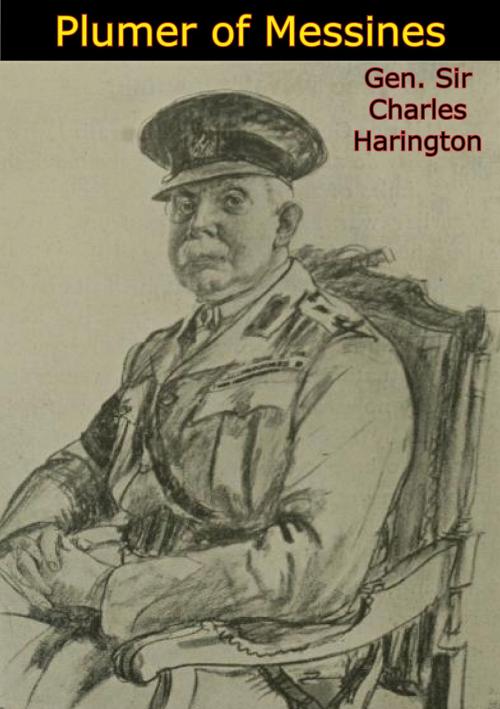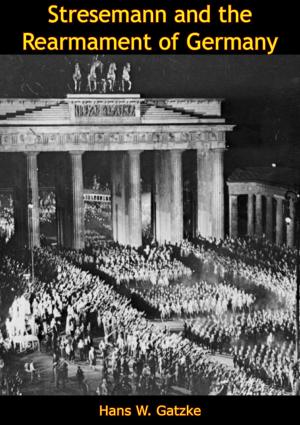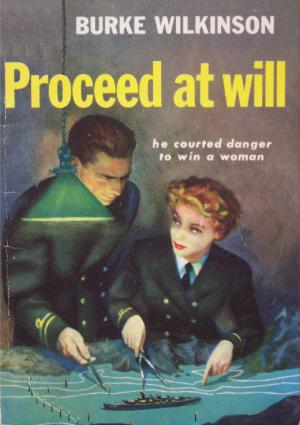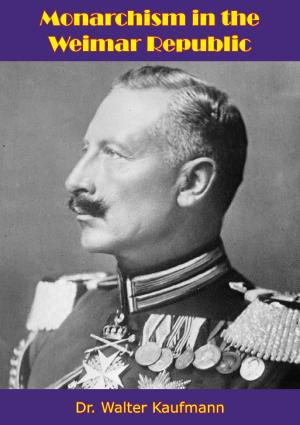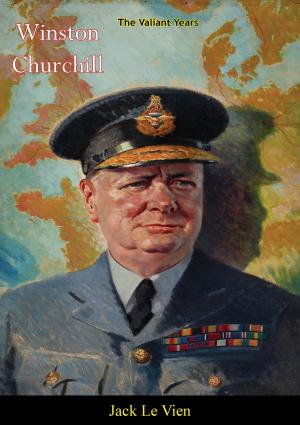| Author: | Gen. Sir Charles Harington | ISBN: | 9781787204584 |
| Publisher: | Arcole Publishing | Publication: | April 7, 2017 |
| Imprint: | Arcole Publishing | Language: | English |
| Author: | Gen. Sir Charles Harington |
| ISBN: | 9781787204584 |
| Publisher: | Arcole Publishing |
| Publication: | April 7, 2017 |
| Imprint: | Arcole Publishing |
| Language: | English |
Originally published in 1935, this is the memoir of Lord Herbert Plumer, commander of the Second Army during the First World War, and written by Sir Charles Harington Harington, who served as Major-General, General Staff, of the Second Army for a large period of the Great War in the defence of the Ypres Salient.
Field Marshal Herbert Charles Onslow Plumer, 1st Viscount Plumer, GCB, GCMG, GCVO, GBE (13 March 1857 - 16 July 1932) was a senior British Army officer of the First World War. After commanding V Corps at the Second Battle of Ypres in April 1915, he took command of the Second Army in May 1915 and in June 1917 won an overwhelming victory over the German Army at the Battle of Messines, which started with the simultaneous explosion of a series of mines placed by the Royal Engineers’ tunnelling companies beneath German lines, which created 19 large craters and was described as the loudest explosion in human history. He later served as Commander-in-Chief of the British Army of the Rhine and then as Governor of Malta before becoming High Commissioner of the British Mandate for Palestine in 1925 and retiring in 1928.
Originally published in 1935, this is the memoir of Lord Herbert Plumer, commander of the Second Army during the First World War, and written by Sir Charles Harington Harington, who served as Major-General, General Staff, of the Second Army for a large period of the Great War in the defence of the Ypres Salient.
Field Marshal Herbert Charles Onslow Plumer, 1st Viscount Plumer, GCB, GCMG, GCVO, GBE (13 March 1857 - 16 July 1932) was a senior British Army officer of the First World War. After commanding V Corps at the Second Battle of Ypres in April 1915, he took command of the Second Army in May 1915 and in June 1917 won an overwhelming victory over the German Army at the Battle of Messines, which started with the simultaneous explosion of a series of mines placed by the Royal Engineers’ tunnelling companies beneath German lines, which created 19 large craters and was described as the loudest explosion in human history. He later served as Commander-in-Chief of the British Army of the Rhine and then as Governor of Malta before becoming High Commissioner of the British Mandate for Palestine in 1925 and retiring in 1928.
